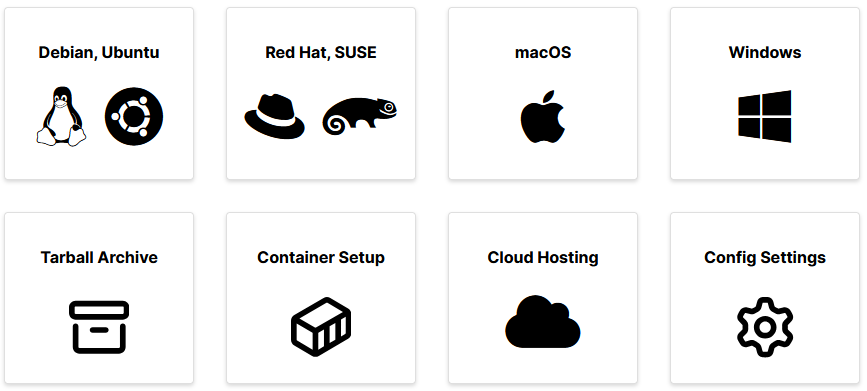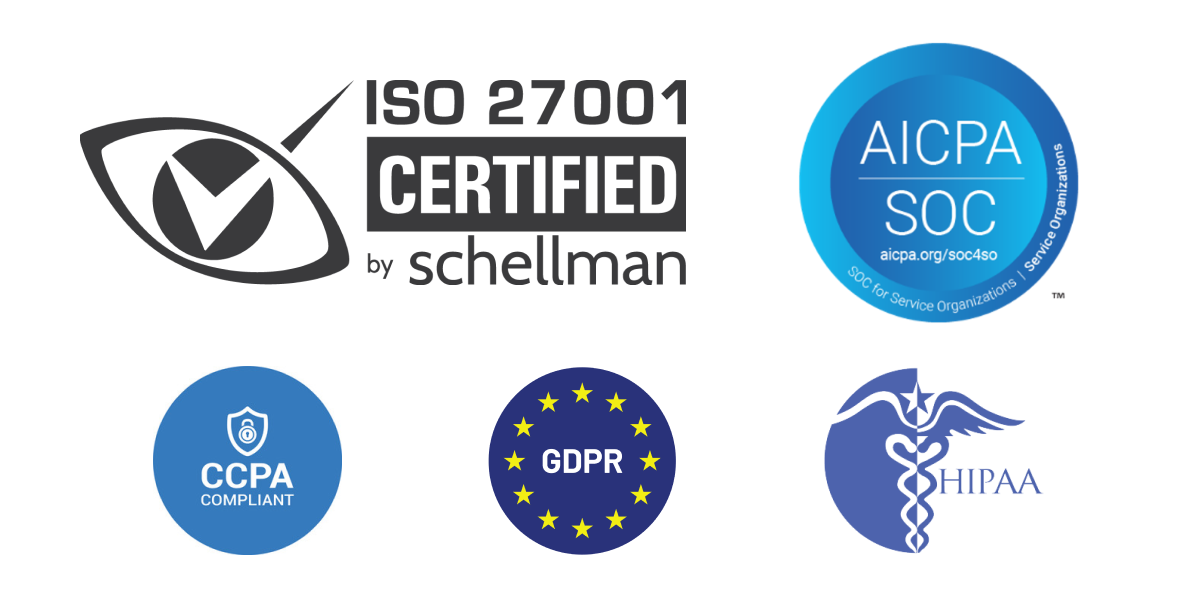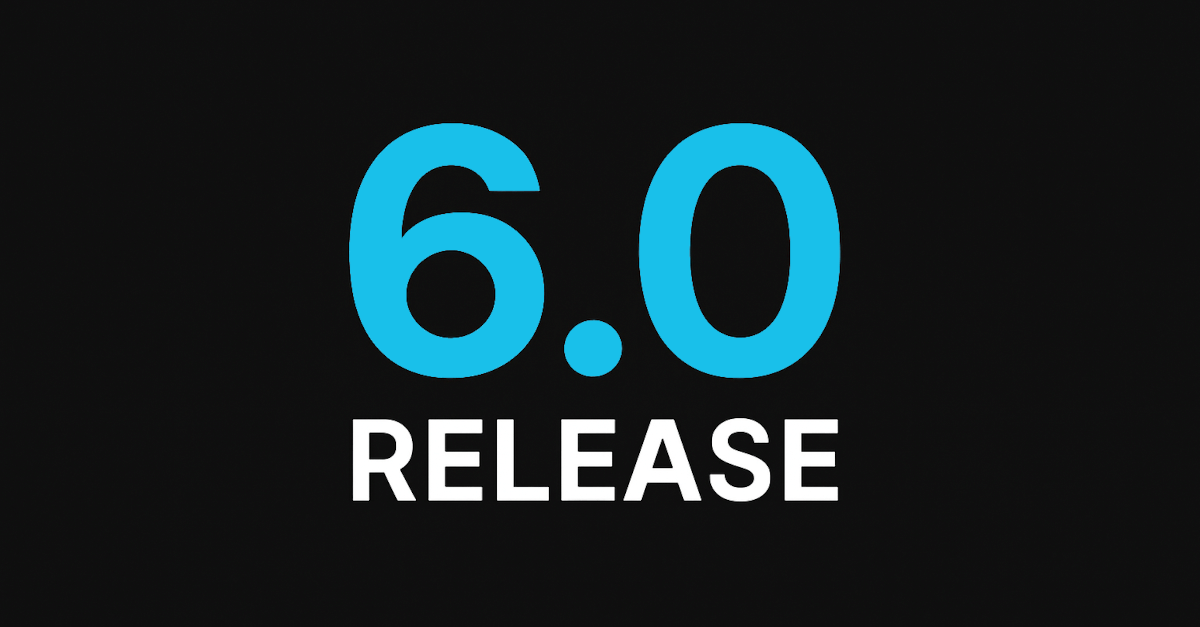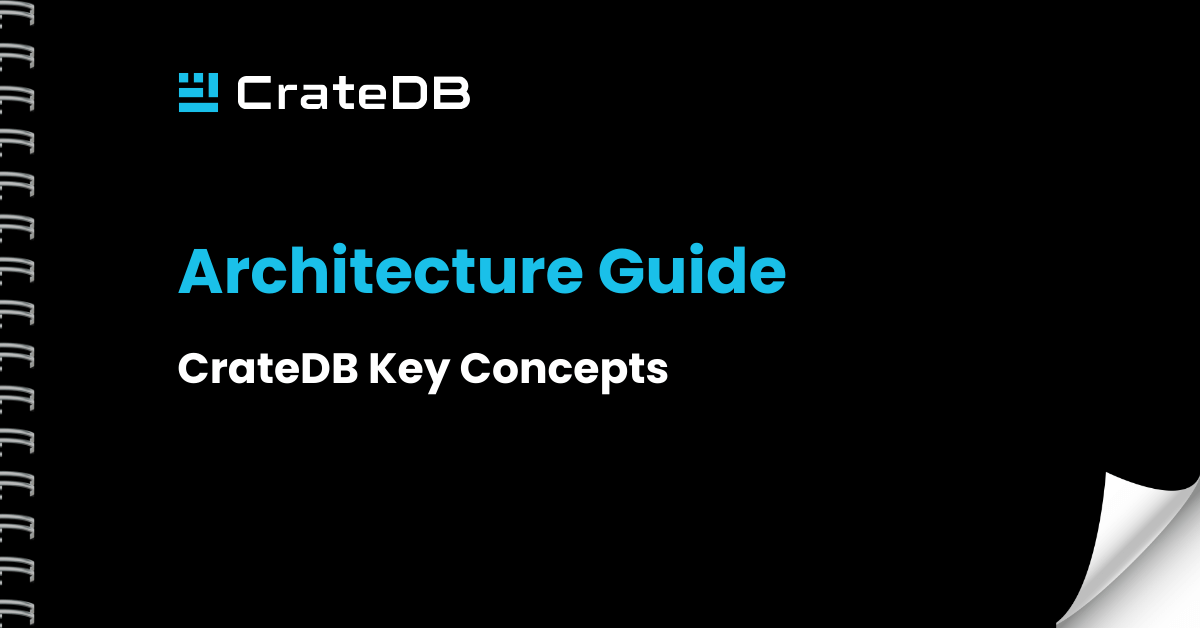CrateDB Overview
Modern applications demand instant insights, high ingest capacity, and the ability to analyze high-cardinality, multi-dimensional data in real time. CrateDB provides a flexible, distributed architecture that delivers consistent performance on large, fast-moving datasets, while preserving the simplicity of SQL at its core.
CrateDB combines the power of distributed systems with native support for structured, semi-structured, and unstructured data. You can run analytical queries, search operations, vector workloads, and time-series queries within a single engine, even as dimensions multiply and data models evolve, without complex tuning or specialized storage layers.
CrateDB adapts instantly to new requirements and grows with your data. Teams benefit from rapid development, predictable performance under load, and a unified platform built for real-time analytics, search, and AI, without sacrificing data fidelity or flexibility.

CrateDB executes complex SQL queries on large datasets in milliseconds, while supporting high-volume concurrent reads and writes. Its distributed execution engine ensures consistent performance under heavy load.
Full SQL Familiarity
Full SQL Familiarity
With native SQL support and compatibility via the PostgreSQL Wire Protocol, CrateDB is easy to adopt. It supports joins, aggregations, subqueries, user-defined functions and more, letting teams leverage existing skills and tools.
- Native SQL Syntax
- Functions (built-in and UDF)
- Common Table Expressions (CTEs)
- PostgreSQL Wire Protocol
All Data, One Engine
All Data, One Engine
CrateDB manages all your data models in a single system. You can ingest high velocity time series, store large JSON documents, run vector search, or index geospatial shapes without building separate pipelines or services. Learn more >
Seamless Connectivity

Seamless Connectivity
CrateDB connects easily to your data ecosystem. You can integrate your applications, tools, and services through standard interfaces without lock in or custom integration layers. Learn more >
Flexible, Efficient Storage

Flexible, Efficient Storage
CrateDB stores data in a way that optimizes both performance and efficiency. Tables are stored in shards that can be distributed across the cluster, while analytical workloads benefit from columnar storage that accelerates scans and aggregations. Learn more >
Infrastructure
Infrastructure
Built on a shared-nothing, self-balancing architecture, CrateDB provides high availability and horizontal scalability out of the box. Add or remove nodes on the fly, recover from hardware failures automatically, and scale without downtime. Learn more >

Use CrateDB Cloud to set up, operate and scale CrateDB with just a few clicks. Fully managed service. Operated by the CrateDB engineers.
Deploy your cluster seamlessly on AWS, Microsoft Azure, or Google Cloud.- Multiple plans designed for a wide range of use-cases from small-scale applications to enterprise-level deployments.
- Payment via credit card, invoicing, or marketplace billing integration.

You can also deploy CrateDB on your own infrastructure. It is operated by your own team.
- Run CrateDB in Docker or Kubernetes as well as on Linux, Windows, and Mac.
- Install and run CrateDB wherever you need: on developer laptops, on Private or Public Cloud, On-Premises, or Edge to meet your organization's unique needs. It also supports Hybrid scenarios out of the box.
- Pick the support option that suits your operational needs.
Built-in Data Security

Built-in Data Security
CrateDB Cloud ensures secure data management with its encryption and authentication mechanisms. With its ISO 27001 certification, CrateDB Cloud meets international standards for information security management systems. CrateDB is also SOC 2 Type 2 compliant on Azure and AWS. Learn more >
Multiple Support Options

Multiple Support Options
- Select your preferred Standard or Premium support plan with contractual SLAs.
- Get access to technical expertise for optimization, risk mitigation and cost optimization.
- Get assigned a dedicated Customer Success Manager when dealing with critical workloads.
CrateDB Academy – Free Courses
Enroll for free, Learn, and Get Certified
CrateDB Architecture Guide
CrateDB Architecture Guide
This comprehensive guide covers all the key concepts you need to know about CrateDB's architecture. It will help you gain a deeper understanding of what makes it performant, scalable, flexible and easy to use. Armed with this knowledge, you will be better equipped to make informed decisions about when to leverage CrateDB for your data projects.
Want to Explore Further?
What CrateDB Users Say
Latest Release Announcements

New Release: CrateDB 6.0
2025-10-02We’re excited to announce our latest release, CrateDB 6.0. With faster queries, stronger PostgreSQL compatibility, smarter monitoring tools, and a foundation for future AI-powered features, this ...

CrateDB v5.10 Release: 50% storage space reduction and fast outer joins
2025-02-21A new feature release of CrateDB, version 5.10, has been released today, featuring:

How CrateDB Minimizes Data Footprints Without Compromising Performance
2025-02-21As businesses generate and analyze ever-growing datasets, managing storage costs becomes a critical concern. Without proper optimization, storage costs can escalate due to increasing data volume, ...
